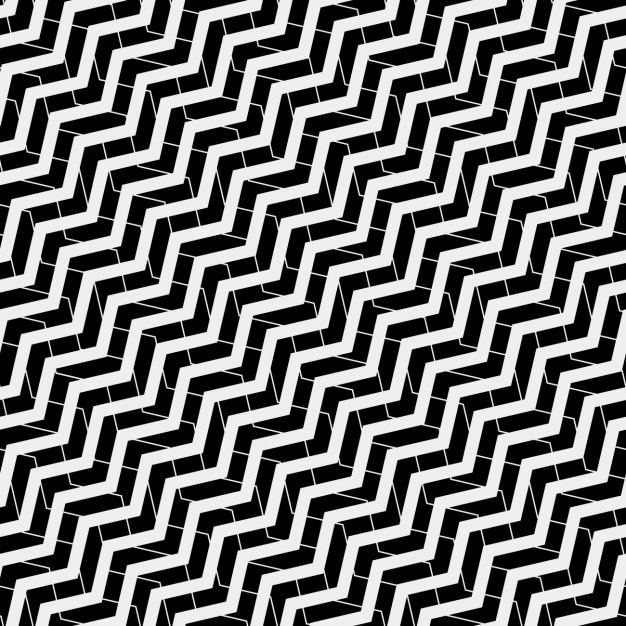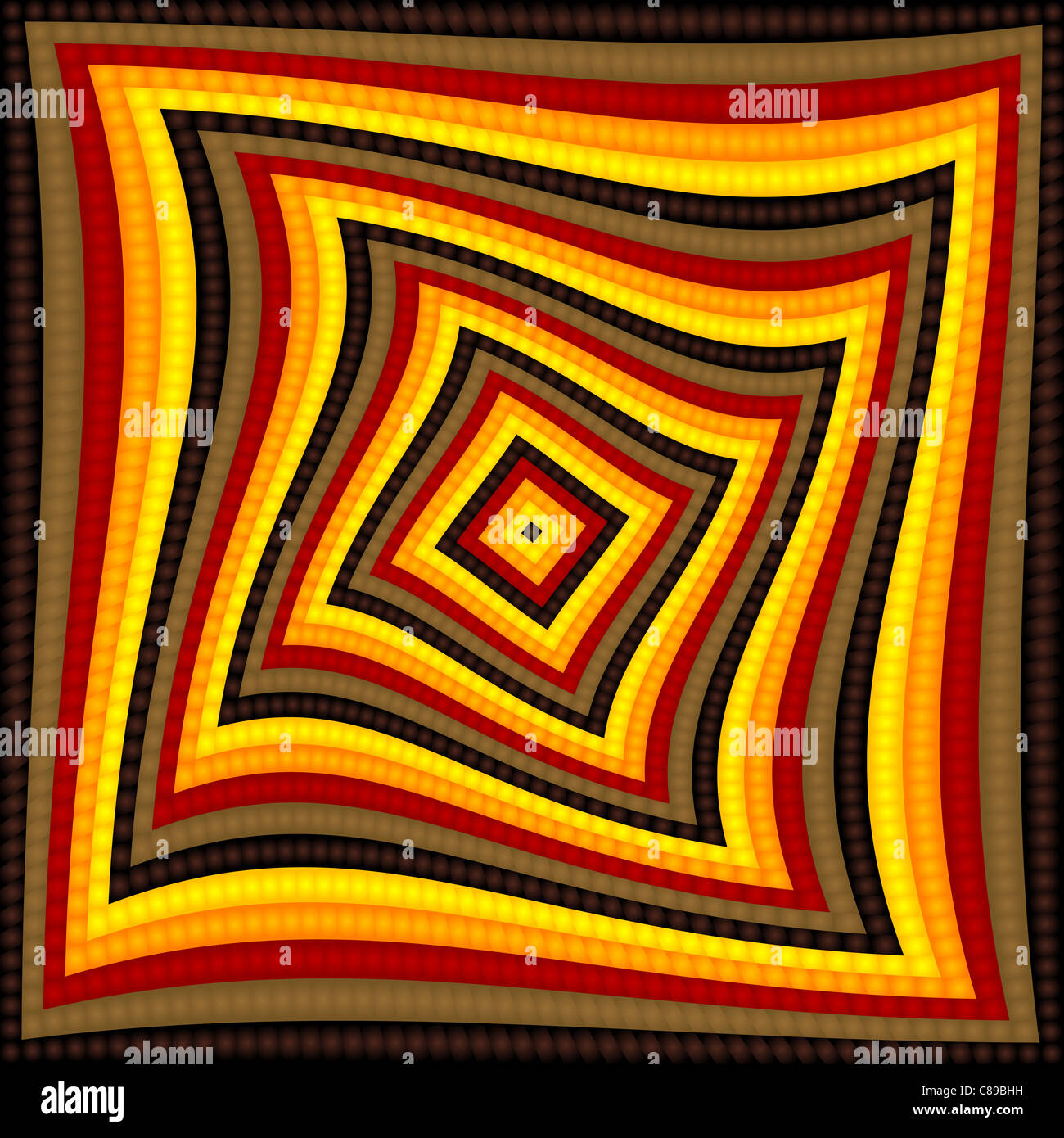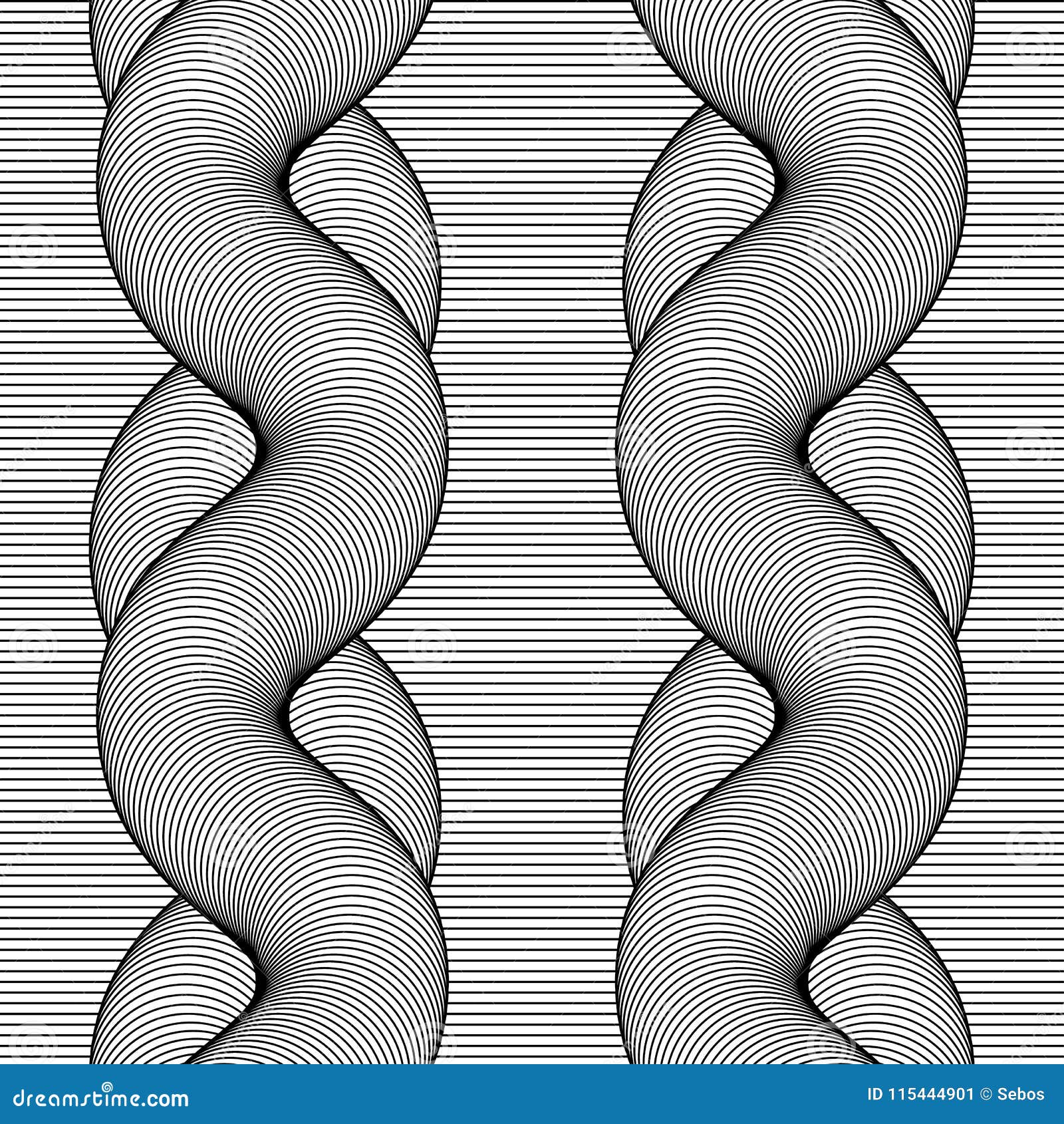
op art image of the day july Geometric art, Tessellation patterns, Geometric design art
Abstract 70s Art, retro psychedelic art, trippy poster, pink groovy print, stoner wall art, 1970s colorful, printable art, digital download. (99) $7.80. Video Game Vintage Poster: Arcade Machine 1978 Patent Print. Coin-Op Gaming Invention Blueprint Wall Art.

40 Examples of Optical Illusion Art and Painting Optical illusions art, Illusion art, Op art
Release year: 2024. Identical twins change their diets and lifestyles for eight weeks in a unique scientific experiment designed to explore how certain foods impact the body. 1. Episode 1. Identical twins join a scientific study and must stick to either a plant-based or omnivorous diet for eight weeks to determine what is the healthiest. 2.

op art image of the day august Optik illüzyon sanatı, Ilham veren sanat, Ilüzyonlar
Guide to Op Art: 5 Notable Op Art Artists and Artworks. Optical art, a form of abstract art, uses optical illusions to trick the viewer's eye into perceiving the illusion of three-dimensional movement or patterns in its images. Optical art, a form of abstract art, uses optical illusions to trick the viewer's eye into perceiving the illusion.

SchwarzweissOpArtMuster 341146 Vektor Kunst bei Vecteezy
Op art, short for optical art, is a style of visual art that uses optical illusions. Op artworks are abstract, with many better-known pieces created in black and white. Typically, they give the viewer the impression of movement, hidden images, flashing and vibrating patterns, or swelling or warping.

Colorful vector op art pattern Artofit
Famous Op Art artists include Peter Sedgley, Victor Vasarely, Richard Anuszkiewicz, Richard Allen, Marina Apollonio, Ara Peterson, Richard Caldicott, Carol Brown Goldberg, and Tauba Auerbach. Together, these individuals helped to push the boundaries of this style by incorporating mathematical principles into their works.

Nahtlose Meshy Op Art Muster. 3DIllusion. lizenzfreie Grafiken © troyka
Ein Zweig der Op Art beschäftigt sich mit Moire-Mustern, die von Gerald Oster und Yasunori Nishijima in „Scientific American" (siehe „Moire-Muster", Mai 1963) und von C. L. Stong ("The Amateur Scientist", November 1964) beschrieben werden. Osters leuchtende Muster wurden in verschiedenen New Yorker Kunstgalerien ausgestellt.

Optical Illusions Drawings, Optical Illusion Quilts, Illusion Drawings, Optical Art, Illusions
Op art, branch of mid-20th-century geometric abstract art that deals with optical illusion.Achieved through the systematic and precise manipulation of shapes and colours, the effects of Op art can be based either on perspective illusion or on chromatic tension; in painting, the dominant medium of Op art, the surface tension is usually maximized to the point at which an actual pulsation or.

Nahtloses Muster Der OPkunst Des Abstrakten Vektors Mit Dem Wellenartig Bewegenden
A decisive event in the history and development of the kinetic arts, the 1955 group exhibition Le Mouvement, shown at the Galerie Denise René in Paris, also proved to be one of the first shows to promote works that used optical illusions and visual trickery.The pinnacle of the Op Art movement's success was 1965, when the Museum of Modern Art embraced the style with the exhibition The.

Aura Pattern Op art, Illusions, Surrealism
June 14, 2021 8 AM PT. During the dark and quiet days of pandemic shutdown, the new Orange County Museum of Art building, under construction at Segerstrom Center for the Arts in Costa Mesa, slowly.

Opart Hintergrund Abstrahieren Entgegengesetzte Pfeile Bilden Ein Wirbelmuster Stock
The term 'Op Art' was coined in 1964 by Time magazine to describe work that relies on optical illusions. It has a strong relation to geometric design, originally produced mostly in black and white but later in vibrant color. A 1965 exhibition in New York called The Responsive Eye brought Op Art to the world's attention.

Op Art Pattern 1. Seamless Op Art pattern 1 in four color combinations. 6inch repeat vector
Art activity idea: Easy, effective Op-Art for beginners. Step by step tutorial. Art & math. In this tutorial I will show you a simple way to teach Op-art in.

Opartmuster mit zickzacklinien Download der kostenlosen Vektor
Op, or Optical, art typically employs abstract patterns composed with a stark contrast of foreground and background - often in black and white for maximum contrast - to produce effects that confuse and excite the eye. Initially, Op shared the field with Kinetic Art - Op artists being drawn to virtual movement, Kinetic artists attracted by the.

Op art muster der 1960er jahre Fotos und Bildmaterial in hoher Auflösung Alamy
Nationality. American. Known for. Painting. Movement. Abstract, Hard-Edge. Website. www .juneharwoodtrust .com. June Harwood (June 16, 1933 - January, 2015) was an American painter based in California who made a name for herself in the 1960s as an inventive artist of the hard-edge movement.
That Little Art Teacher Op Art and Colored Pencil Tutorial Art 1
Op Art is a style of non-objective abstract art, featuring optical illusions and ambiguities, that rose to prominence in the 1960s. While artists had long been drawn to investigations of optical effects, new advancements in technology and the psychology of perception gave rise to a concentrated period of exploration in this area.

Abstract Vector Seamless Op Art Pattern. Stock Vector Illustration of decorative, ornate
Op Art, short for optical art, is an abstract art movement that uses lines, rhythm and movement to create optical illusions. These artworks often look like they are moving, blurring or coming alive. Sometimes what you first see morphs completely into something else. Op Art can look surprisingly simple like this study:

Fivelined Pyramids Optical illusions art, Illusion art, Geometric design art
Op art is a form of abstract visual art that uses geometric forms to create optical illusions. The term "Op Art" is short for optical art. With the formal movement beginning in the 1960s, op artists explore theories of optics, perception and color theory by creating geometric patterns that create optical illusions and often give the viewer.